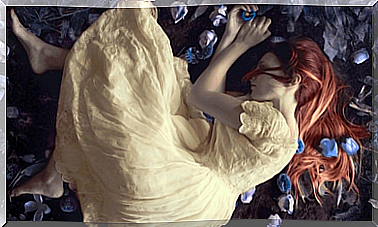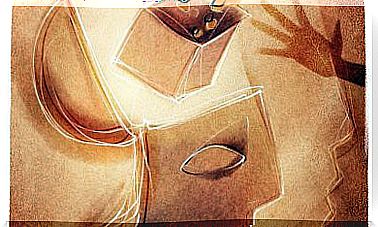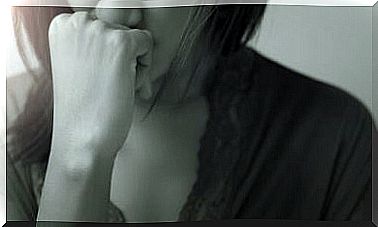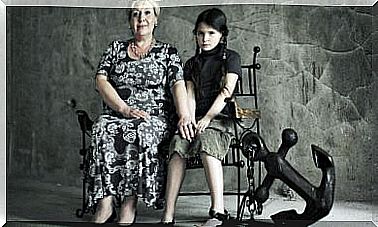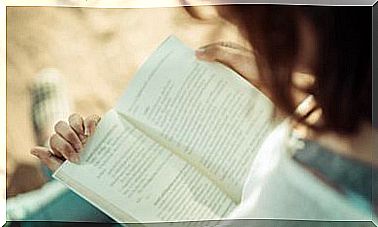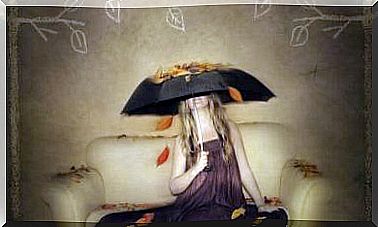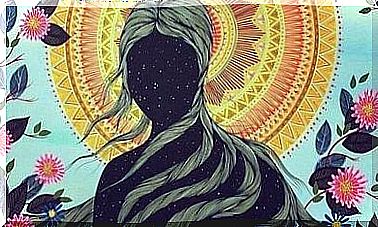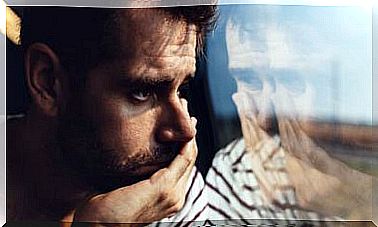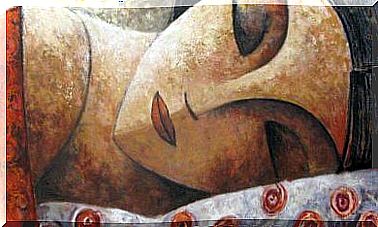Overcoming The Insecurity That Prevents Us From Acting
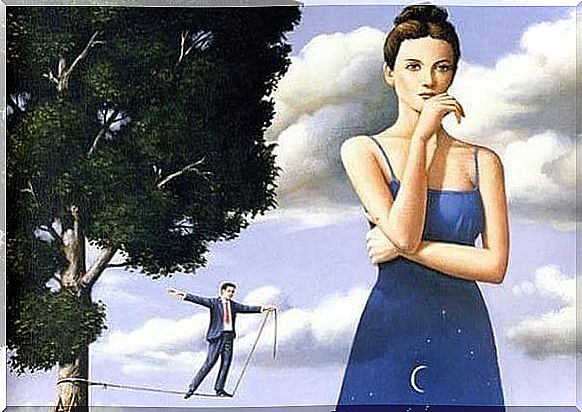
René Descartes put the doubt in the loftiest of thought. He stated that doubting was an indispensable condition for reaching the truth. This may be very valid in the world of scientific research, but on a personal level, doubt can become a huge obstacle to moving forward.
If we analyze all the decisions we make every day, we will discover that most of them carry a significant component of uncertainty.
Thus, the usual thing is that we do not have the total certainty that we are doing the right thing and that everything will turn out as we expected.
Normally, we are able to handle that quota of insecurity. But sometimes it gets out of hand. We doubt so much that we end up letting circumstances and the passage of time itself decide for us.
What is behind the doubt and insecurity?
Doubt is classified as an obsessive symptom. This means that it is the manifestation of a larger unconscious reality. Obsession has among its fundamental traits that intolerance to uncertainty, a strong need for control and difficulty in dealing with the permanent contradictions of life.
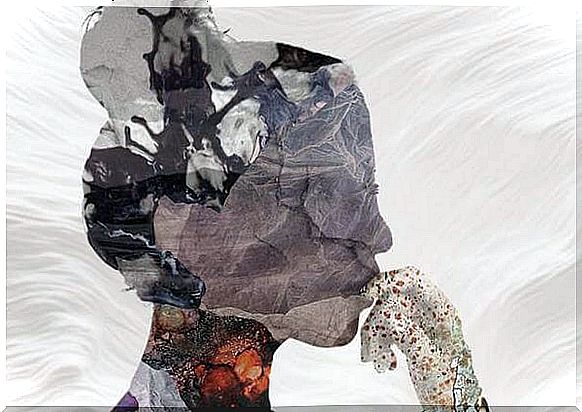
The first effect of doubt is the indefinite postponement of an act. The decision to do or not to do is tirelessly weighed. This happens because whoever doubts in this way tries to achieve the impossible: to find a fail-safe formula. Find the perfect solution.
The thinking mechanism works like this: as soon as a convenient decision is visualized, all kinds of alerts are automatically triggered. The validity of that decision is questioned, looking for all the possible gaps or errors that it could imply.
If one part of consciousness says white, the other says black. It is what is called “ruminate the thought”, like chewing the same idea over and over again, regurgitating and starting the process again.
The effect of obsessive doubt is inaction. So much is the thought itself questioned and the possible negative consequences of our actions are evaded so much, that finally the person is inhibited to act. He plunges into a paralysis that that same person has built.
That cycle repeats over and over again. Paradoxically, doubt leads to what the obsessive man fears so much: having everything out of control. Sometimes this uncomfortable situation is overcome by acting in the opposite way: acting on impulse, to avoid the wear and tear of doubt.
Risk intolerance
If living were a matter of black and white, right or wrong, in reality we would hardly need to think. Many of the hypotheses and theories about human behavior would be left over, and we would probably not be reading this article, but another on engineering or physics.
All the acts of life carry a risk, greater or lesser. Even the smallest actions can have gigantic consequences.
If you eat a fish, for example, you can choke on a thorn and die. But that can also happen with a piece of meat, a chickpea or a glass of water.
Human beings are more fragile than you might think at first glance; and also stronger than we might suppose. The truth is that we are always fighting between a risk margin, every time we act. And by not acting as well.
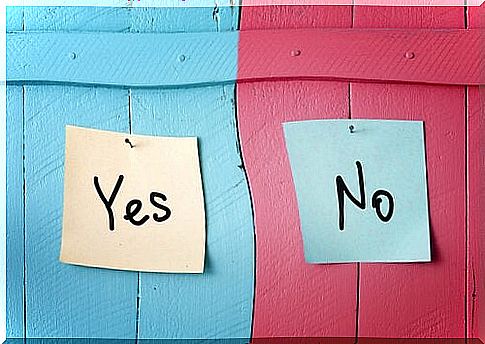
It is important to accept that there are no perfect decisions. On the contrary, every decision implies a choice to lose something, to gain something else.
In the world of the human there are no previously acquired guarantees. Even the most beautiful actions can have undesirable consequences. The great skill of living is in accepting and avoiding what is presented to us. In making the best of every reality, good or bad, that we come across.
Doubting is a healthy measure, as long as it has a limit. If you cross the border of reasonableness, if you simply remain in doubt and let anguish take the advantage of you, doubt will make any decision you want to make impossible.
